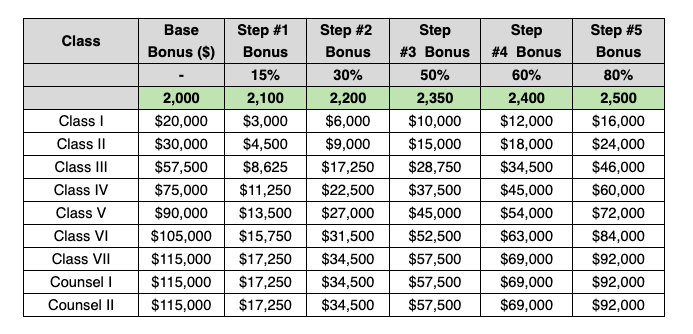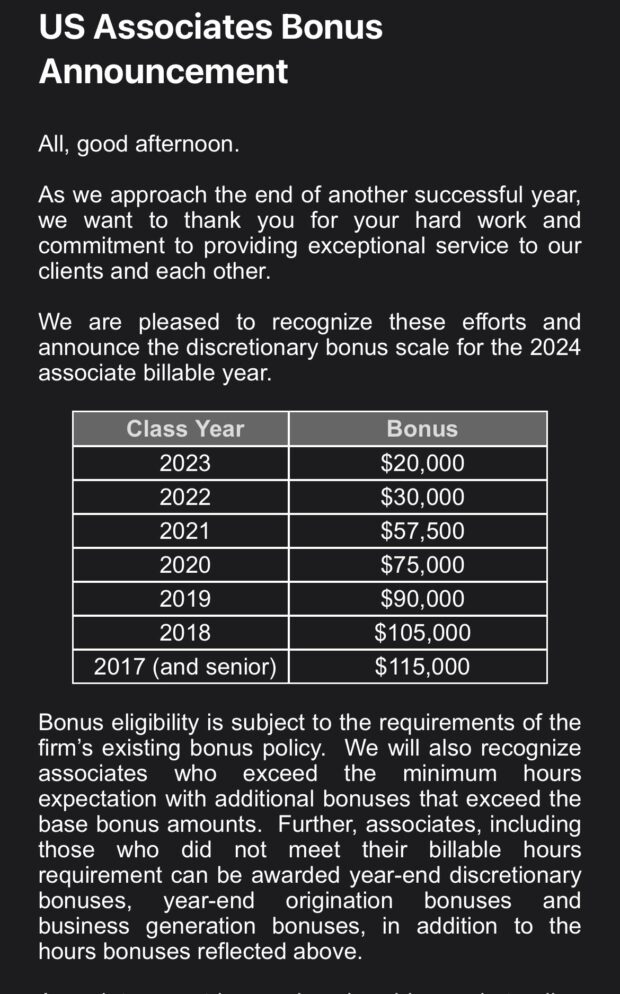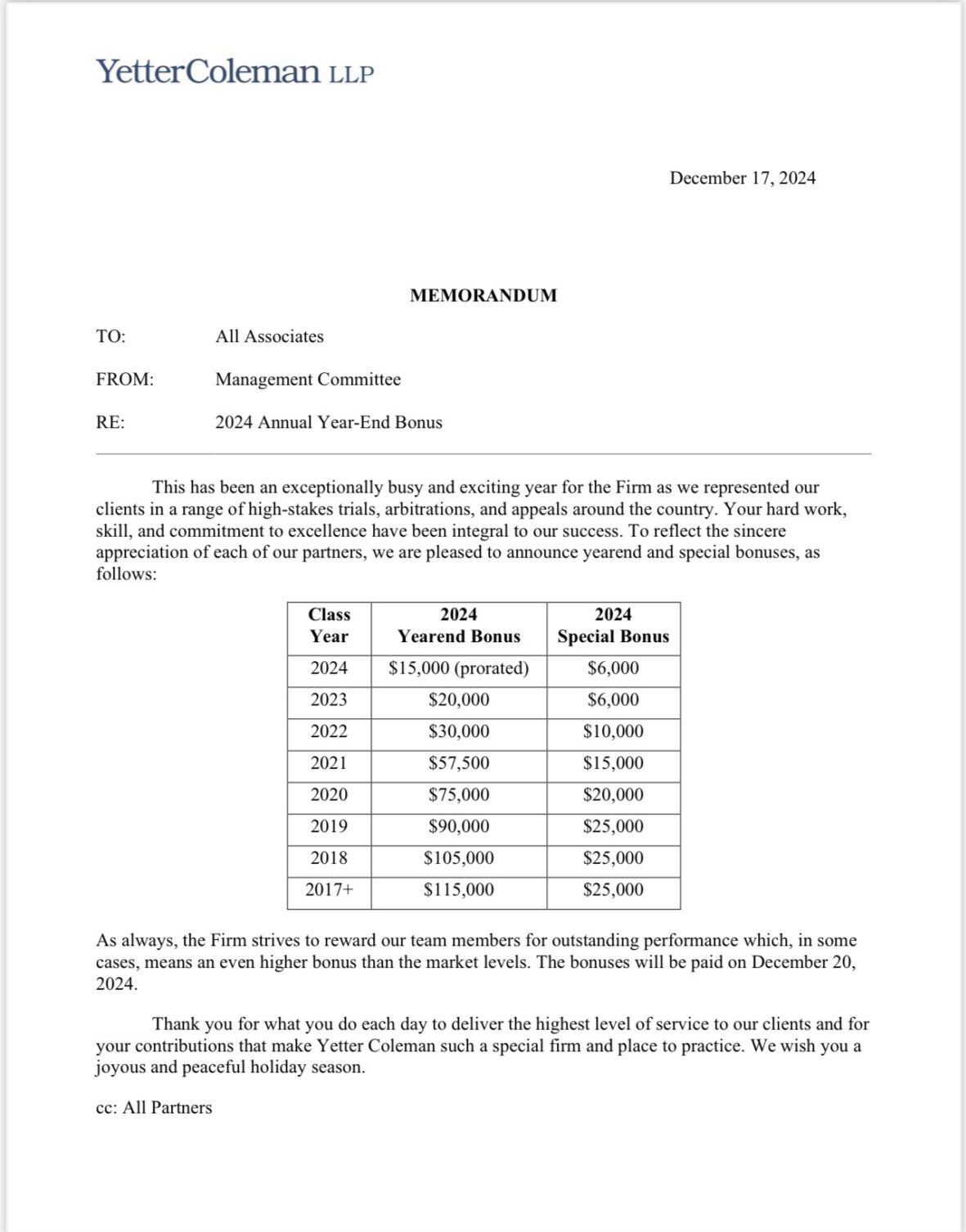This
month,
online
healthcare
booking
platform
Zocdoc
released
an
end-of-the-year
report
detailing
various
trends
in
patient
behavior.
The
report
—
based
on
data
from
the
millions
of
visitors
Zocdoc
sees
each
month
—
noted
things
like
an
increased
demand
for
sleep
medicine
specialists,
a
spike
in
mental
health
appointments
during
the
summer,
and
a
low
rate
of
telehealth
visits.
The
report
also
included
some
predictions
from
Zocdoc
CEO
Oliver
Kharraz
about
how
patient
behavior
and
the
healthcare
industry
at
large
might
change
next
year.
Below
are
three
of
his
most
notable
forecasts.
Patients
will
increasingly
opt
for
cash-pay
healthcare
Most
Americans
with
health
coverage
have
been
conditioned
to
seek
care
from
in-network
providers
—
but
these
patients
often
get
blindsided
by
unexpected
out-of-pocket
costs,
Kharraz
pointed
out.
“Given
the
persistent
increase
in
both
healthcare
costs
and
high-deductible
plans,
it’s
no
surprise
that
we’re
seeing
more
patients
seeking
guaranteed,
upfront,
transparent
pricing,”
he
said.
Kharraz
thinks
this
trend
will
advance
even
further
for
things
like
prescriptions
and
longevity-focused
diagnostics,
such
as
bundled
services
like
labs
and
MRIs.
He
also
noted
that
healthcare
is
becoming
more
and
more
consumer-driven
—
which
means
niche
cash-pay
services
could
become
more
popular.
“For
example,
we
saw
in
our
booking
data
that
when
patients
chose
to
go
out-of-network
this
year,
it
was
largely
for
mental
health,
cosmetic
treatments
and
dental
care,”
Kharraz
stated.
Amazon
will
restructure
its
healthcare
assets
Over
the
past
few
years,
leaders
in
the
healthcare
industry
have
seen
tech
and
retail
giants
like
Walmart,
Apple
and
Google
struggle
to
break
into
their
uniquely
complex
sector.
Amazon
is
no
different
—
and
Kharraz
believes
there
is
a
good
chance
the
company
will
significantly
rearrange
its
healthcare
offerings
in
2025.
As
a
tech
behemoth,
it’s
rational
to
try
and
use
your
core
competency
to
capitalize
on
the
nearly
$5
trillion
healthcare
spend
in
the
U.S.,
he
noted.
For
instance,
Amazon
has
tried
to
leverage
its
retail
strengths,
Apple
has
tried
to
break
through
with
its
hardware
capabilities,
and
Google
has
entered
the
sector
with
a
data-first
strategy,
Kharraz
explained.
“When
you
have
a
hammer,
everything
looks
like
a
nail.
But
healthcare
is
hard
to
disrupt
from
the
inside-out,
and
this
approach
has
been
unsuccessful,”
he
said.
Amazon’s
healthcare
efforts
haven’t
been
very
profitable,
and
it
is
“untenable”
for
the
company
to
keep
incurring
hundreds
of
millions
in
losses,
Kharraz
stated.
“I
suspect
2025
will
be
the
year
that
Amazon
determines
that
they
don’t
have
the
recipe
to
make
in-person
healthcare
work,
and
managing
healthcare
providers
is
a
very
different
business
than
managing
logistics,”
he
remarked.
He
thinks
Amazon
will
likely
refocus
on
its
pharmacy
benefits,
which
are
easier
to
scale
than
care
delivery
offerings.
GLP-1
adoption
will
increase
More
Americans
will
start
using
GLP-1
medications
in
2025,
the
report
predicted.
GLP-1
supply
issues
are
decreasing,
so
prices
are
coming
down
—
meaning
many
Americans
will
gain
access
to
medications
that
they
couldn’t
afford
in
the
past.
This
will
result
in
several
downstream
effects,
Kharraz
said.
For
example,
he
thinks
payers
will
likely
start
to
treat
these
drugs
differently.
“There
will
likely
be
an
evolution
in
their
coverage,
and
we’re
already
starting
to
see
payers,
including
Medicare
and
Medicaid,
receive
pressure
to
expand
access
to
weight
loss
drugs,”
Kharraz
pointed
out.
He
also
noted
that
compounders
may
be
phased
out.
Compounders
helped
fill
supply
gaps
when
GLP-1
production
was
slow
—
but
now
that
these
drugs
are
more
available,
patients
will
choose
less
expensive,
FDA-approved
options
instead
of
compounded
drugs,
Kharraz
explained.
The
increased
adoption
of
GLP-1s
will
also
cause
some
indirect
effects,
he
added.
“There
may
be
reduced
demand
for
traditional
weight
loss
medications,
bariatric
surgeries
and
possibly
insulin
therapy
in
some
patients.
GLP-1s
may
reduce
obesity-related
comorbidities
like
type
2
diabetes,
cardiovascular
disease
and
certain
cancers.
We
are
still
in
the
early
innings
of
seeing
their
impact
on
Americans’
health
and
care
delivery
system,”
Kharraz
said.
Photo:
Getty
Images, AndreyPopov









 Chris
Chris






 Kathryn
Kathryn







